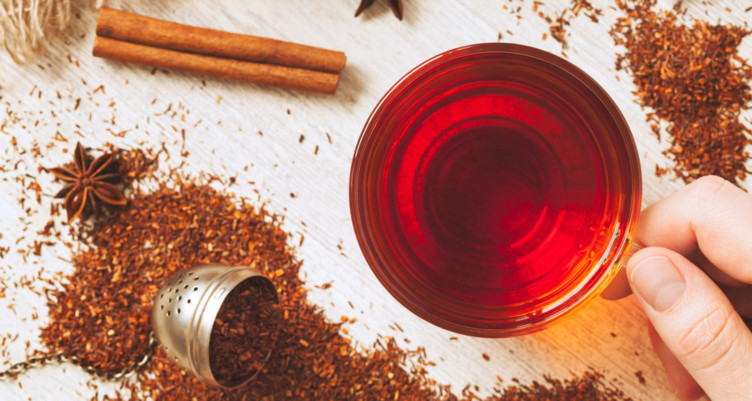Kidney rooibos misleading
‘No conclusive study’ supports claim Kidney stones are hard deposits that form inside the kidneys. They form when “urine contains more crystal-forming substances – such as calcium, oxalate and uric acid – than the fluid in your urine can dilute”. Smoking kills 29,472 Nigerians annually — FG Colleagues, associates battle to save journalist from cancer […]

Kidney rooibos
‘No conclusive study’ supports claim
Kidney stones are hard deposits that form inside the kidneys. They form when “urine contains more crystal-forming substances – such as calcium, oxalate and uric acid – than the fluid in your urine can dilute”.
- Smoking kills 29,472 Nigerians annually — FG
- Colleagues, associates battle to save journalist from cancer
The article shared on Facebook says “people who have kidney stones can drink red rooibos tea as much as they want because it has no oxalic acid”. Oxalic acid, which is found in plants, can attach itself to other minerals and form kidney stones.
“There are studies that suggest that rooibos is one of the best drinks for people with kidney-stone problems but there is no conclusive study that proves drinking rooibos prevents kidney stones,” Prof Antony Meyer, a nephrologist and chairperson of the National Kidney Foundation of South Africa, told Africa Check.
A nephrologist is a doctor who specialises in diseases and conditions that affect the kidneys.
More research needed
Meyer directed Africa Check to two studies. Preliminary results from a 2016 study of the effects of rooibos and Japanese green tea on kidney stone formation suggested that neither teas reduced the risk factors for kidney stone formation. However, the authors said further studies were needed with larger sample sizes.
A 2021 review of 13 studies concluded that “available literature supports in general a protective role for tea against the stone formation, mainly for green tea”. But it stated that the variability of the data and a lack of standardisation meant that “final and clear conclusions” could not be given to patients.
Meyer suggested the people with kidney stones drink enough water every day and avoid drinking black tea and sparkling water. Black tea has a high oxalate content and sparkling water contains minerals.
“After being diagnosed with recurrent kidney stones, diet plays a very important role, but it needs to be adjusted according to the type of kidney stones,” said Meyer.
A collaboration between Daily Trust and Africa Check to fight health misinformation
